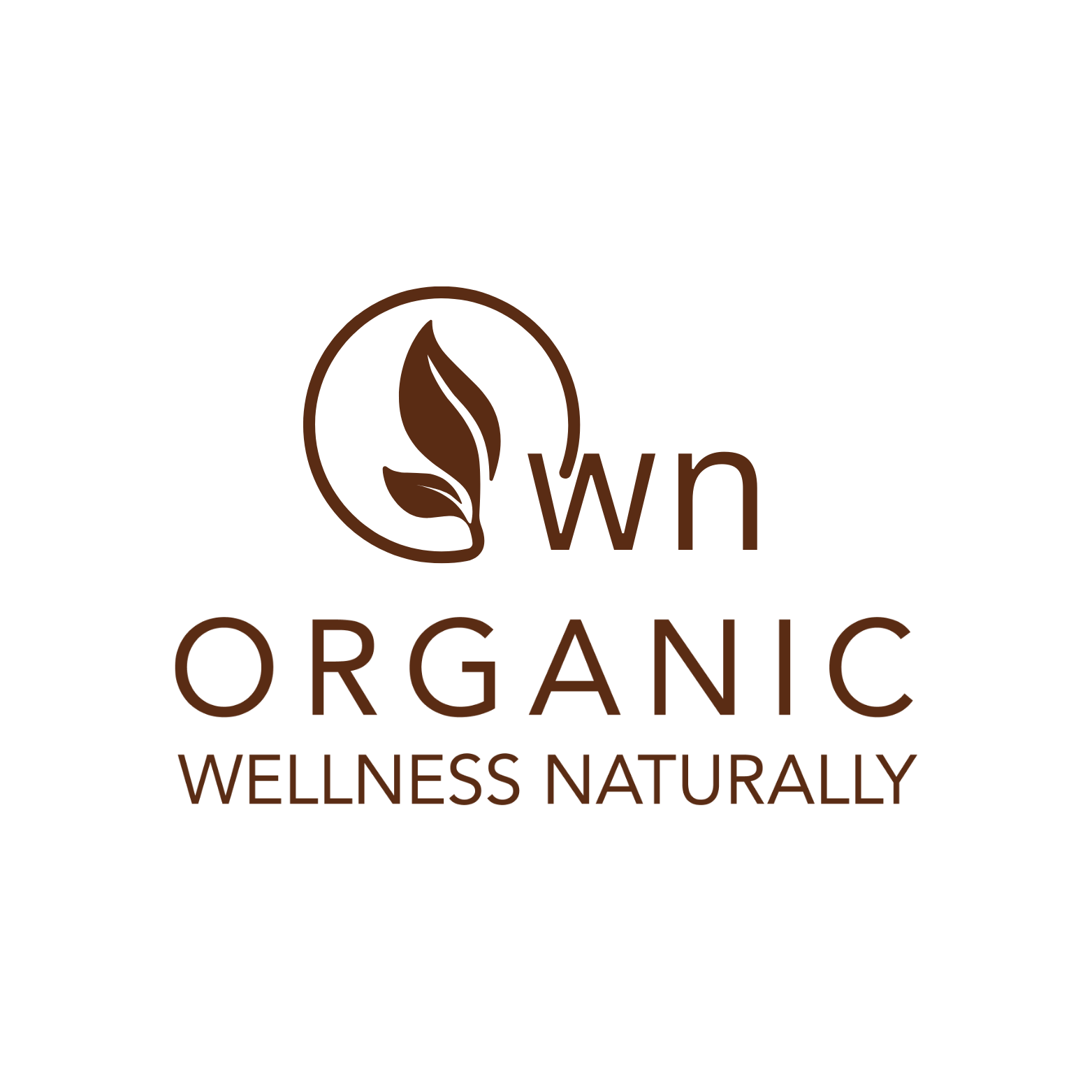In an age where fast food, instant meals, and ultra-processed ingredients have taken over our plates, the movement toward natural, chemical-free food is more important than ever. As lifestyle diseases like diabetes, hypertension, obesity, and hormonal imbalances continue to rise, the spotlight is now on the food we eat every day.
But what exactly does ‘natural’ and ‘chemical-free’ mean when it comes to food?
What Is Natural, Chemical-Free Food?
Natural, chemical-free food refers to produce and products grown or made without synthetic fertilizers, pesticides, preservatives, artificial flavors, or genetically modified organisms (GMOs). It includes:
-
Vegetables and fruits grown without harmful sprays
-
Grains and pulses free from polishing or chemical fumigation
-
Cold-pressed oils without chemical refining
-
Dairy products free from hormones and antibiotics
In short, it’s food that’s as close to its original form as nature intended.
The Problem With Chemical-Laden Foods
Over the years, farming and food processing have shifted from nourishment to yield, shelf life, and profit. As a result, the food on our table is often:
-
Laced with chemical residues from fertilizers and pesticides
-
Treated with preservatives and synthetic colors to appear fresh
-
Enriched with artificial flavors and thickeners to taste better
While these additives help manufacturers, they can harm human health over time. Research links many of these chemicals to serious conditions like hormone disruption, cancer risk, digestive disorders, and neurological issues.
Why Go Natural? Key Health Benefits
-
Better Digestion
Natural foods are easier on the gut, free from artificial chemicals that can irritate the digestive system. -
Hormonal Balance
Chemical-free foods help reduce endocrine disruptors, supporting better hormonal health, especially in women and children. -
Improved Immunity
Pure foods nourish your body with unaltered vitamins, minerals, and antioxidants that strengthen the immune system. -
Long-Term Disease Prevention
Natural foods reduce the risk of chronic diseases caused by long-term chemical exposure. -
Cleaner Environment
Supporting chemical-free farming also means promoting biodiversity, soil health, and reduced water pollution.
How to Identify Chemical-Free Food
-
Look for certified organic or natural food labels
-
Avoid overly polished grains and shiny fruits
-
Read ingredient labels to avoid preservatives like E-numbers, MSG, artificial colors
-
Choose trusted brands that promote clean farming and honest sourcing
Organic Wellness Naturally: Purity You Can Trust
At Organic Wellness Naturally, we are committed to offering food that is free from harmful chemicals and grown with care. Our range of pulses, spices, oils, and ghee is sourced from clean farms, slow-processed, and packed without additives.
Whether you are choosing A2 cow ghee, cold-pressed mustard oil, or chemical-free turmeric powder, you are choosing purity, sustainability, and wellness.
Final Word: Go Back to Nature
Your body was designed to thrive on clean, wholesome food. The closer your food is to its natural state, the more it supports your physical, mental, and emotional health.
Start small. Read labels. Make informed swaps. And choose brands that believe in real food.
Choose natural. Choose clean. Choose Organic Wellness Naturally.
